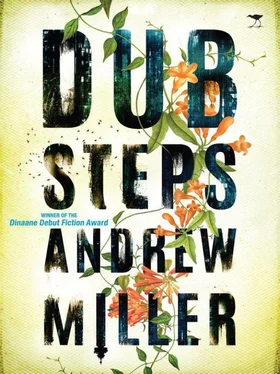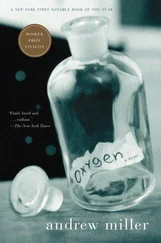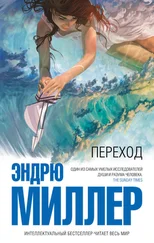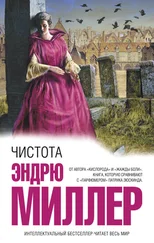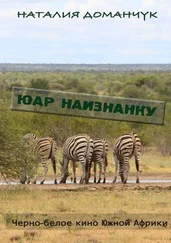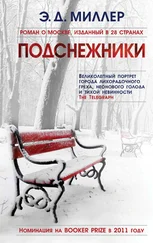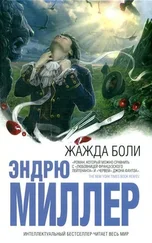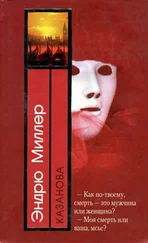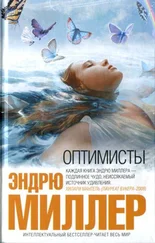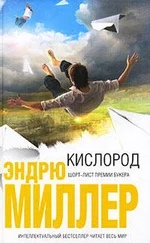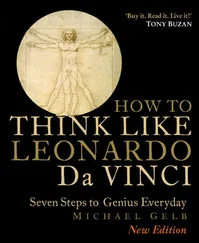There, flat out on the couch, was Fats Bonoko, creative director at TWF something something and something. A shotgun lay on the floor, waiting.
Babalwa swooned and fell to the floor in a heap.
I stood swaying, attempting to compute the fact that not only was there a live human being in Eileen’s flat, but that I knew exactly who he was.
Fats, for his part, grinned dangerously, his mini-afro wobbling slightly on top of a laughing face.
‘Good people,’ he said, pulling his torso lazily to the vertical. ‘I’ve been waiting forever. You, sir, look pretty wasted. Your young lady friend’ – he looked happily over at Babalwa’s slumped form, which mumbled something muffled and incomprehensible – ‘eish.’
‘Fats,’ I replied eventually, cautiously. ‘Howzit hanging?’
‘Not bad, Roy, not bad. I mean, I think I enjoyed advertising a bit more overall, but I’ve kind of taken to this survivor thing.’ He was dressed in combat pants, and an army-type shirt beneath a munitions vest. Army boots, sheepskin bangle on the wrist. Muscles rippling under all the gear. All in all, typical of Tšhegofatšo Bonoko, a man who had always been overtly – and frequently unreasonably – styled.
‘Jesus. I need to sit.’ I dropped onto the couch next to Fats.
‘You, Mr Fotheringham, I know pretty well,’ he continued blithely, billowing out his usual mock confidence. ‘But your young friend here’ – he glanced again at the lump that was Babalwa – ‘I haven’t had the pleasure.’
I was speechless, trapped by a flood of realisations and remembrances. I had never liked Fats Bonoko. He was arrogant, under-talented and over-powerful. Off the top of my shocked, stoned head, I could think of at least four people he’d knifed on his way up the ladder. It didn’t seem right, or possible, or logical, that he was where he was, sitting next to me on this couch, grinning with inane self-satisfaction.
‘Babalwa,’ I said. ‘Her name’s Babalwa and she’s drunk.’
‘Ah, a celebration. Nice. I’ve had a few myself since this shit started.’
‘What shit? Do you know what happened?’
Fats looked at me, his face deeply serious. ‘I woke up and it was like this. Empty.’
‘So you know nothing?’
‘Nothing at all. Other than advertising is a pretty damn useless business without a target market.’
‘Are there others?’ I asked. ‘Alive?’
‘Plenty.’ Fats issued a patronising pat to my shoulder. ‘At least six. Maybe more.’
‘Six,’ Babalwa groaned from the floor. ‘Six.’
CHAPTER 19
The pain did numb, eventually
‘Roy, my man, what the fuck happened to your face?’ Fats stirred sugar into his cold water and tea bag as we stood around Eileen’s impotent kettle. ‘The tooth thing. That’s a powerful look for you.’
‘Ja,’ I mumbled, lips closed. ‘Know any dentists?’
Fats sipped his cold tea and grimaced. ‘On the real though, what the fuck?’
‘Let’s just say I had an encounter with a rock.’
As the time in PE dragged I found myself slowly, creepingly, thinking about alcohol again. I had run out of weed and the rawness of being stranded – initially a strange, fixating high in itself – was fading. I began to pick my toenails viciously, vacantly, at night. Unable to watch movies, tired of listening to music, listless and disconnected from my sole companion (who herself was drinking increasing volumes of white wine and gin), I was bored.
As we roamed and foraged, I began to look for booze cabinets. Not that I was digging into them or anything, but I noticed myself noticing myself paying attention to stock levels. I began to fantasise about good red wine, about that first sip, something deep and woody, something with the power to slip me up a notch, to refocus my view. My abstract passion for red evolved from observation to actually extracting bottles from the cabinets or shelves, examining them for potential, turning them over in my hands and feeling the weight. Then I would put them back, carefully.
Eventually I found myself in a Bianca’s bedroom in Summerstrand, on the beachfront. Her room looked out on Marine Drive, over a few scrub-covered dune humps and then onto the sea. Thin raindrops were tearing into the shoreline at forty-five degrees, the southwester driving perfect, glassy waves which peaked and rolled and peaked and rolled, an occasional dolphin the only surfer taking advantage.
Having stashed her mobile, I flipped through Bianca’s photo albums, which were meticulously ordered and maintained, and which stretched right from early childhood through to the end. In pink sleep shorts and a vest, arms around mother in the backyard. Father teaching her to sail a yacht on the Sundays River. Sixteenth birthday with friends at the Pizza Hut. Hair short and styled for the occasion, light make-up, all smiles, friends and lipgloss.
I went for her father’s 2019 Zonneblom Shiraz.
I returned with a corkscrew and the bottle and lay down on Bianca’s unmade bed.
And it was beautiful, while it lasted. The warmth of the wine, the blurring, evocative safety of her photos. She was ordinary, Bianca. Dark hair. Careful smile. Eyes that sparkled and evaded in equal measures. Bianca with her sailboat. Bianca and dad chasing older brother in fancy-dress masks. Bianca baking, silly hat on head, floury hands in the air.
The wine poured through me and healed me, touching gently, reaching into all the corners. My head went warm, then cold, then warm again. As the bottle died the red crust grew on my lips. I ground it off with the heel of my palm, examining it like it had some deeper, metaphorical meaning. Which it did.
I drained the bottle and passed out, Bianca on her bike in my lap.
I woke in the dark, throbbing drunk, the wind and rain pulsing outside.
Back to dad’s rack, another Zonneblom, back again, stumbling. Suddenly I was reaching for destruction or damnation or something similar and opening the third was impossible. I couldn’t get the screw into the cork.
And then out the front door and to the car and over a rock and smashing my face into the ground and the black wet darkness of being out cold in the rain on some stranger’s driveway. Then the waking and the pain needles all through my face and my torn lip and my ripped cheek and the sight, the awful, pathetic sight of my shard of tooth on the driveway, pointing like a compass in the direction of home.
I laughed when I saw Babalwa the next day but she didn’t return it. Her face fell, her eyes hooded and careful and a little bit scared.
‘What the fuck?’ She shouted like a mother. ‘What the bloody fuck Roy?’
‘I got lost.’
‘Your face.’ She shook her head and then snuck another look at me. ‘Your lips. Jesus, Roy, your tooth!’
‘I won’t do it again, promise.’
‘What?’
‘Drink.’
‘That’s what this is? You went drinking?’
She closed the space between us down to a millimetre and slapped me, through the cuts and scabs, through the broken lip and tortured gums. As the pain shot through my mouth I groaned and fell back a step or two. ‘You stupid fuck,’ she said, crying now, tears running down both cheeks. ‘Please, please, I’m begging you, Roy. You’re all I’ve got. You’re the only hope there is. If you turn into this…’ Her head twisted away from the horror. ‘If you turn into this, you’re pushing me out, totally alone, into the world. You can’t do that. Jesus Christ, you can’t do that, Roy.’
‘I said I won’t.’
‘I don’t believe you.’ Babalwa walked away.
I saw her again two days later.
By then my mouth had started the healing journey, healthy parts reaching for each other over the volcanoes. The remaining half of my tooth throbbed constantly. Babalwa insisted I extract it, but I refused. The pain would fade, or the nerve would numb, or something like that. She shook her head and walked away again.
Читать дальше
